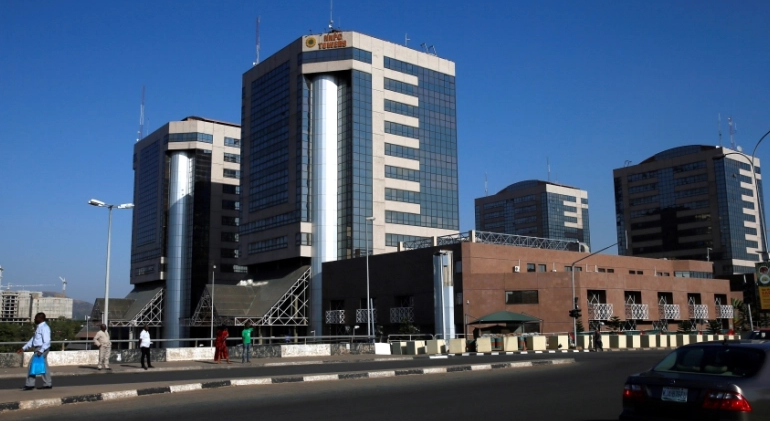- Malaysia could reach high-income status by 2028, World Bank says
- Delta sales guidance disappoints, CEO says airline expects lower demand around the election
- United plans flights to Greenland, Mongolia and northern Spain in search for next 'it' destination
- Stellantis is struggling. Here's why
- Pfizer threatened to sue renegade executives prior to activist schism, Starboard's Smith says
What do you believe is the single most important factor driving up the cost of living in Nigeria?

The unintended consequences of brick-and-mortar's decline
Lately, many big retail brands have been closing physical locations, in what has become known as the "retail apocalypse." Whether the stated reason is declining revenue, or concerns related to "shrinkage" and employee safety in some cities, the impact of store closure on consumers and their communities threatens to be seriously negative.
The financial spillover for the retailers themselves, though, may be an equally valid concern. Yet few observers ask questions such as, What happens to shoppers when stores close? What about sales? Are firms better off with their decisions to close shop?
Taotao Ye, assistant professor of marketing at the Donald G. Costello College of Business at George Mason University, addresses this glaring gap in the research literature in a research paper forthcoming in Marketing Science (co-authored by Venkatesh Shankar of Southern Methodist University).
The researchers obtained comprehensive online and offline transaction data for a major video game and electronics retailer, spanning July 2015-July 2017. "We have detailed records of every transaction" in addition to the locations of these transactions, Ye says.
Over the two-year period, the retailer closed more than two hundred stores, a figure representing more than 5% of its brick-and-mortar presence. The researchers analyzed the effects of each store closure at the per-county and per-customer levels.


- October 10, 2024
Five simple tips to banish eye bags

- October 10, 2024
Hopes for jobs dim as Kenya's economy now faces slowdown

- October 10, 2024
Here's the inflation breakdown for September 2024 — in one chart



- October 10, 2024
Some fueling stations now selling petrol cheaper than NNPC


- October 10, 2024
What's the point of buying the latest smartphone?

Subscribe to our mailing list to get the new updates!

Subscribe our newsletter to stay updated
Thank you for subscribing!



